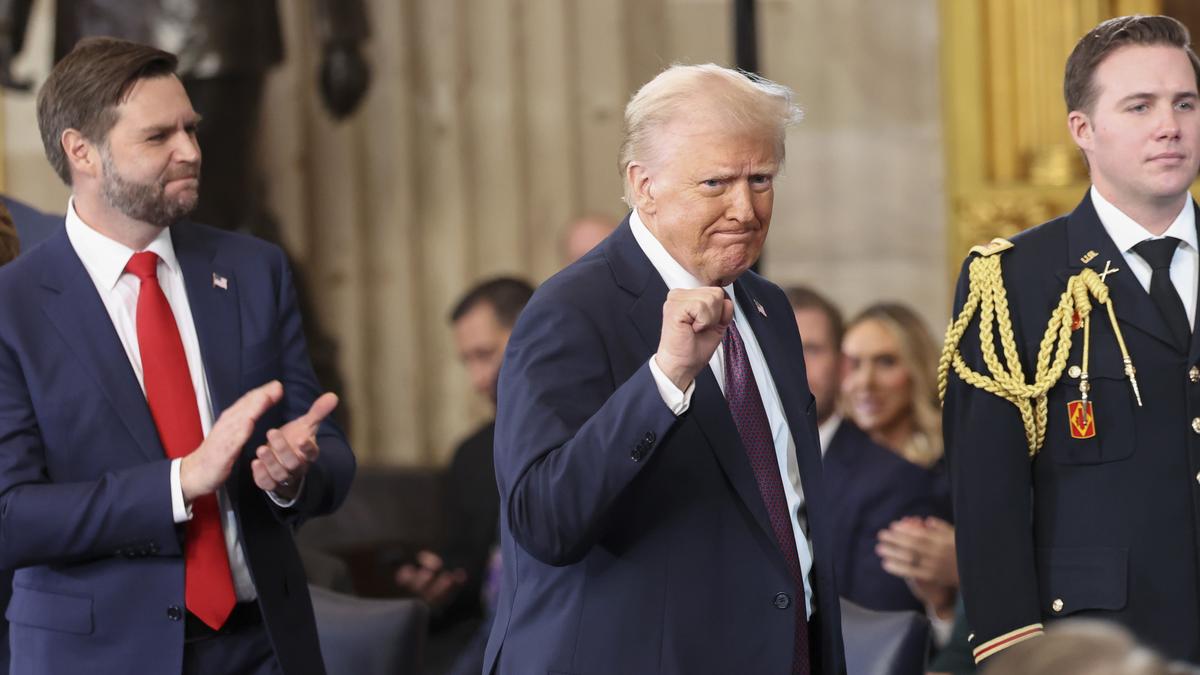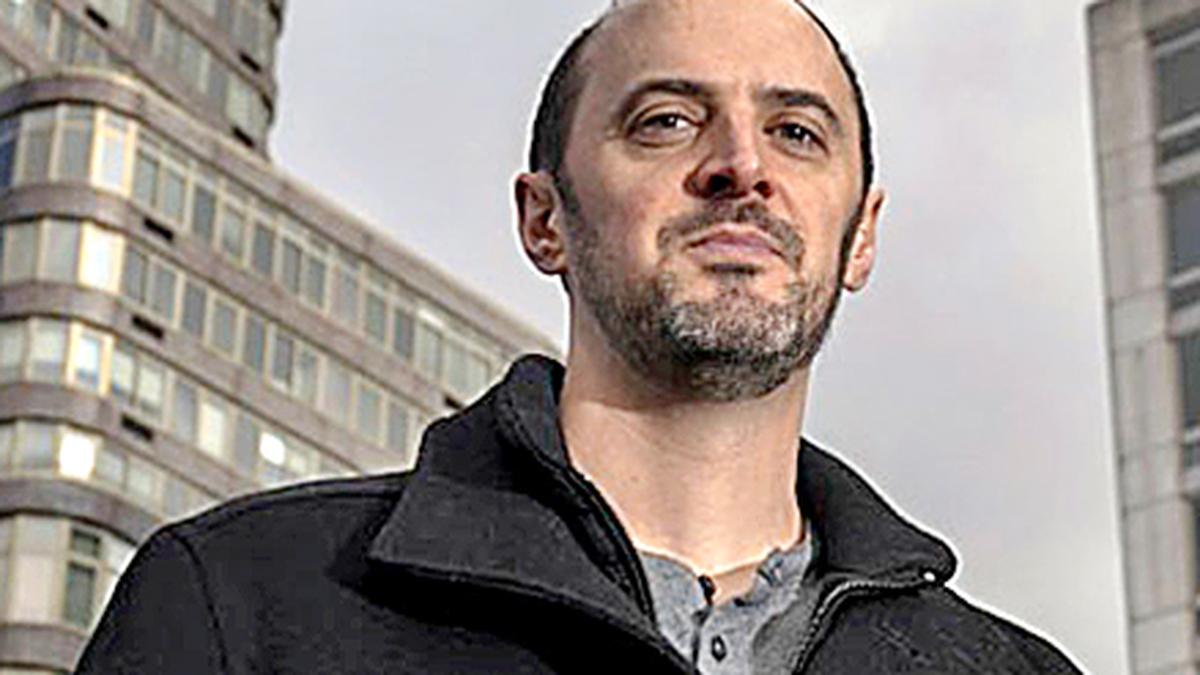(This article is part of the View From India newsletter curated by The Hindu’s foreign affairs experts. To get the newsletter in your inbox every Monday, subscribe here.)
The war in Gaza has not ended. After 15 months of relentless war and brutality, claiming tens of thousands of lives including those of women and children, Hamas and Israel have agreed to a three-phased ceasefire.
Although the ceasefire is belated, and the different stages envisaged in it appear progressively complicated, it provides some relief that Gaza urgently needed. The first phase entails Hamas releasing 33 hostages, while Israel will release nearly 1,000 Palestinian security prisoners. The second phase is aimed at more exchange of hostages and prisoners, with both sides declaring a permanent end to the hostilities. The third phase will involve discussions on the ‘day after’, including who will helm Gaza thereafter.
“As of now, both sides stay focused on phase one”, The Hindu editorial today noted. Urging Israel, Palestinians, and international mediators to now work towards bridging the gaps, it argued: “Israel will not accept a situation that would leave Hamas as a ruling force in Gaza. A more pragmatic solution is to form a united administration of all Palestinian factions under the leadership of the internationally recognised Palestinian Authority and then shift the focus towards the reconstruction of Gaza. But for this plan to work and peace to prevail, Israel should be ready to withdraw all its troops from the Gaza Strip.” Whether Israel is ready for that shift, and its backers are committed to that end, is to be seen in actions to follow. Read our editorial here. Israel’s actions, just after the ceasefire was announced, sparked concern about the nature and the durability of the ceasefire.
In this explainer, our Foreign Affairs Editor Stanly Johny examines if the ceasefire will actually hold. “Israel now realises that it cannot dismantle Hamas — the organisation would survive in one way or another. On a more practical note, Israel doesn’t want to leave Hamas as a ruling or fighting force in Gaza. This poses a dilemma for Israel. If it agrees to end the war and leave Gaza, Hamas will remain a militant insurgency in Gaza. If Israel continues to stay in Gaza, there won’t be a lasting ceasefire agreement and a war of attrition will go on,” he writes.
The Trump factor
The Biden administration has been pushing for a ceasefire for long, but it also offered full support to Israel’s war in Gaza. Washington continues to supply weapons to Israel and offer diplomatic protection to Israel at global fora. While Mr. Biden can claim that a ceasefire was reached just days before he left the White House, Arab and Israeli media claim that the Trump factor also played a key role. Meanwhile, External Affairs Minister S. Jaishankar said that the inauguration of U.S. President Donald Trump, which he will attend, could have “profound consequences” for the global order.
“One where the United States departs from an established tradition of foreign policy and focuses on its own interests, rather than in shaping the world itself… Where the focus is more on the compulsions of competition rather than on observance of regimes,” he said, indicating that the incoming Trump administration would pose the biggest challenge globally to the prevailing rules-based order, which could affect India on trade and immigration issues, in particular. Read this analysis by our Diplomatic Affairs Editor Suhasini Haidar on what the Trump presidency potentially holds for India and its U.S. ties. In an indication of the sensitivities that persist, outgoing U.S. Ambassador Eric Garcetti in New Delhi has said the Modi government’s announcement of the results of its high-level inquiry into the Pannun case was a “positive first step”, but not the end of the U.S.’s expectations of action in the alleged assassination plot.
Top 5 stories this week:
1. The multiple layers of the Gaza ceasefire, by Kabir Taneja
2. A surge in radical governments, the hope of democracy – The last thing India needs is the revival of Islamic radicalism in Bangladesh, writes T.S. Tirumurti
3. Awami League mobilises against Yunus government in Bangladesh, writes Kallol Bhattacherjee
4. Sri Lankan President Anura Kumara Dissanayake secures $3.7 bn Chinese FDI for oil refinery in Hambantota
5. Nine navies hold joint drills in strategic straits between Indian Ocean and the Pacific – Dinakar Peri reports
Published – January 20, 2025 12:40 pm IST




